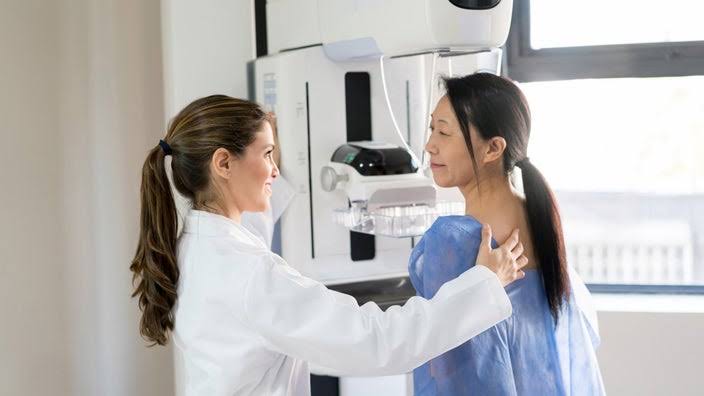[ad_1]

One of the cornerstones of a comprehensive health regimen is the annual physical exam. This checkup provides a thorough overview of your overall health, including monitoring vital signs such as weight, blood pressure, and heart rate. During this visit, your physician will assess basic bodily functions, review any ongoing health concerns, and offer guidance on maintaining or improving your health.
Blood Tests
Blood tests are a fundamental part of routine checkups. They offer a window into your internal health, measuring key indicators like blood sugar levels, cholesterol, and the functionality of your kidneys and liver. Regular blood tests can help detect issues such as diabetes, cardiovascular conditions, and liver disease early on, allowing for timely intervention.
Cancer Screenings
Cancer screenings are crucial for early detection, which can significantly improve treatment outcomes. Depending on your age, gender, and risk factors, your doctor may recommend screenings such as mammograms for breast cancer, colonoscopies for colorectal cancer, and skin checks for skin cancer. These screenings are tailored to identify potential issues before symptoms appear, making them a vital component of routine health care.
Dental Exam
Oral health is often overlooked, but it’s an integral part of overall well-being. Scheduling a dental exam twice a year helps prevent dental issues like cavities, gum disease, and other oral health problems. Regular dental visits also allow for early detection of issues that could impact your general health, such as infections or nutritional deficiencies.
Eye Checkups
Annual eye exams are essential for assessing your vision and screening for eye diseases, such as glaucoma and macular degeneration. As we age, our risk for eye conditions increases, making these checkups particularly important for maintaining good vision and overall eye health.
Bone Density Scan
Bone health becomes increasingly important with age. For women over 50 and men over 70, bone density scans are recommended to evaluate bone strength and the risk of osteoporosis. Early detection of bone density loss can help in implementing measures to prevent fractures and other complications related to weakened bones.
Immunizations
Staying up-to-date with vaccinations is a key aspect of maintaining good health. Regular immunizations, including flu shots, shingles vaccines, and other age-appropriate vaccines, protect against various diseases and can prevent serious health complications. Your healthcare provider can advise you on the necessary vaccines based on your age, health status, and lifestyle.
[ad_2]
